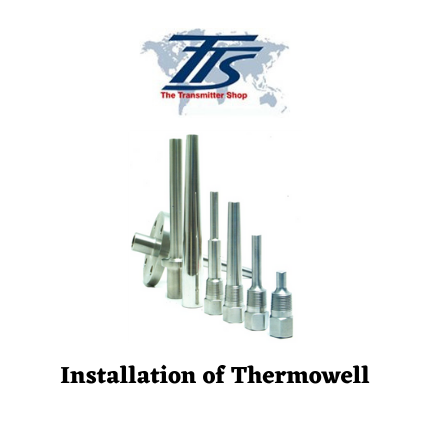Waterproof drying bag,Lightweight Outdoor Waterproof Ocean Pack,Waterproof Backpack Dry Bag Pouch,Roll Top Dry Compression Sack Langfang Jinzhao Sports Products Co., Ltd , https://www.jinzhaowenti.com
A Beginner’s Guide for Installation of Thermowell
Thermowells are essential components in industrial settings, designed to safeguard temperature sensors from direct contact with fluids during operation. As temperature plays a critical role in industrial processes, ensuring the durability and accuracy of temperature measurements is vital. Proper installation of thermowells is key to achieving reliable performance. If you're new to this process or unsure about how to proceed, this guide will walk you through the necessary steps and considerations for installing thermowells effectively.

### Guidelines for Installing Thermowells
Installing thermowells demands precision and careful planning. The process involves selecting the right thermowell, calculating the insertion depth, choosing the appropriate mounting method, and installing protective shields. Let's delve into these steps in detail.
#### 1. Calculating Insertion Depth
The thermowell must be immersed correctly within the fluid stream to ensure the entire sensing area of the temperature sensor is protected. Improper insertion can compromise both the sensor's functionality and the integrity of your measurements.
- **Immersion Depth:** Generally, the thermowell should extend into the fluid stream up to one-third or two-thirds of the pipe or vessel's diameter. This ensures adequate protection without hindering flow.
- **Sensor Length:** The length of the sensor itself should be shorter than the total length of the thermowell by approximately 1-2 inches. This allows the sensor to measure accurately while remaining fully shielded.
#### 2. Selecting the Mounting Method
There are several ways to mount a thermowell depending on your specific needs:
- **Perpendicular to the Pipe (90°):** Ideal when multiple thermowells need to be installed sequentially along a single line without touching the far wall of the pipe.
- **At a 45° Angle:** Suitable for placing thermowells around the circumference of the pipe, ensuring even distribution across the fluid path.
- **In the Elbow:** Commonly used where elbows experience significant temperature and pressure changes. These thermowells can face either upstream or downstream based on operational requirements.
#### 3. Installing Protective Shields
To avoid inaccurate readings due to temperature variations between the pipe wall and the sensor, install a shield between the pipe wall and the sensor. This shield helps maintain consistent temperature readings by isolating the sensor from external influences.
### Important Considerations During Installation
When installing thermowells, keep the following points in mind:
- Tailor the installation approach according to whether the fluid is liquid or gas.
- Take into account additional parameters like pressure levels and fluid velocity.
- Measure the gap between the sensor and any pipe fittings to ensure compatibility and safety.
### Ensuring Quality
After understanding the installation procedures, it's equally important to verify the quality of the thermowells you purchase. Always source them from reputable suppliers such as The Transmitter Shop. Known for their commitment to excellence since their founding, they provide top-tier products including thermowells and temperature transmitters, alongside expert calibration and repair services.
### Related Content
For further reading on temperature measurement solutions, consider exploring these topics:
- Understanding RTD Sensors: Their Functionality and Applications
- Exploring Thermocouples: Principles and Practical Use Cases
- Comprehensive Insights into Exhaust Gas Temperature Sensors
- The Role of Sensors in Modern Food Processing Facilities
- Why Platinum is Preferred in RTD Technology
By adhering to these guidelines and considering all relevant factors, you can successfully integrate thermowells into your industrial systems, enhancing both efficiency and reliability.